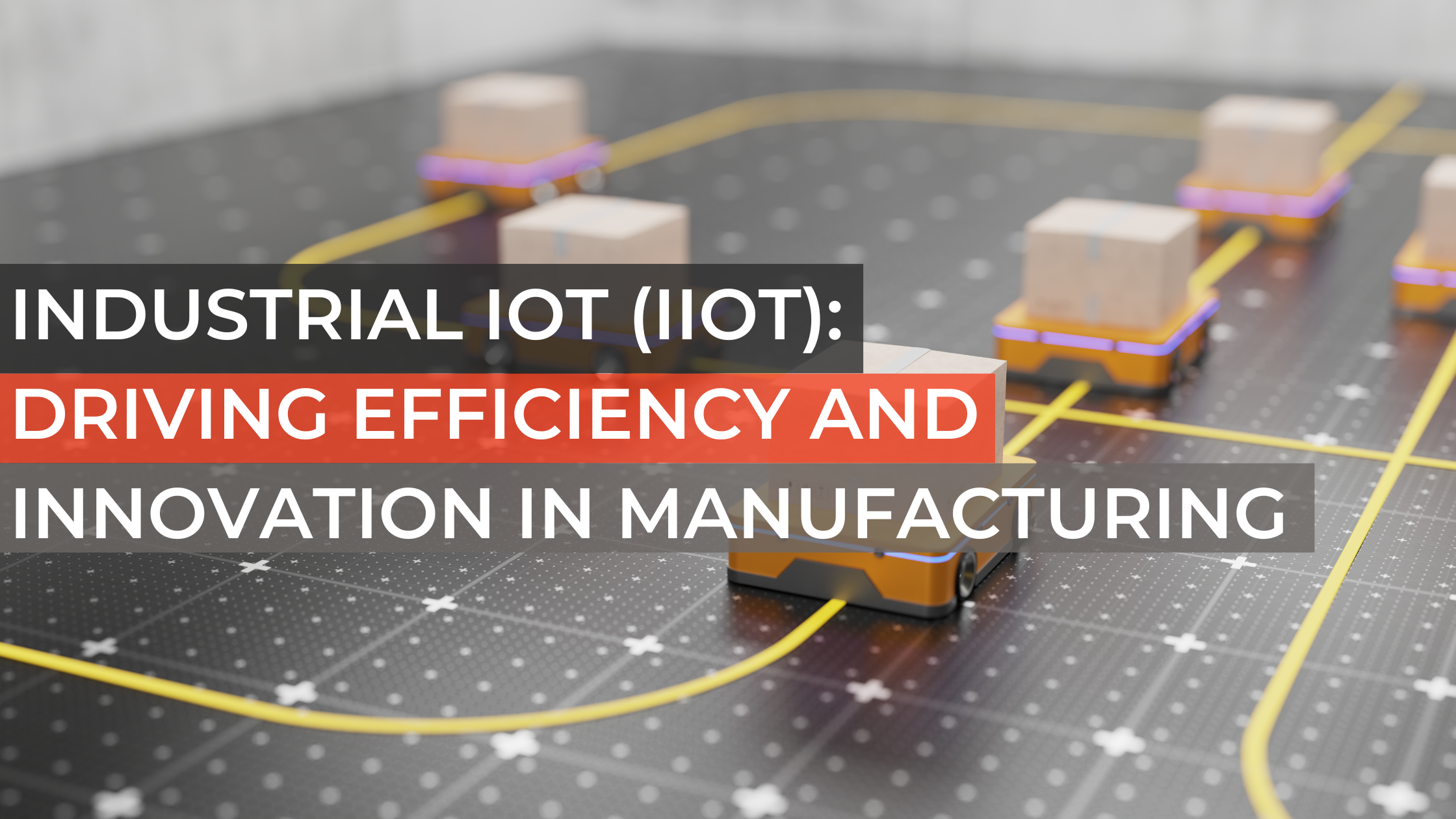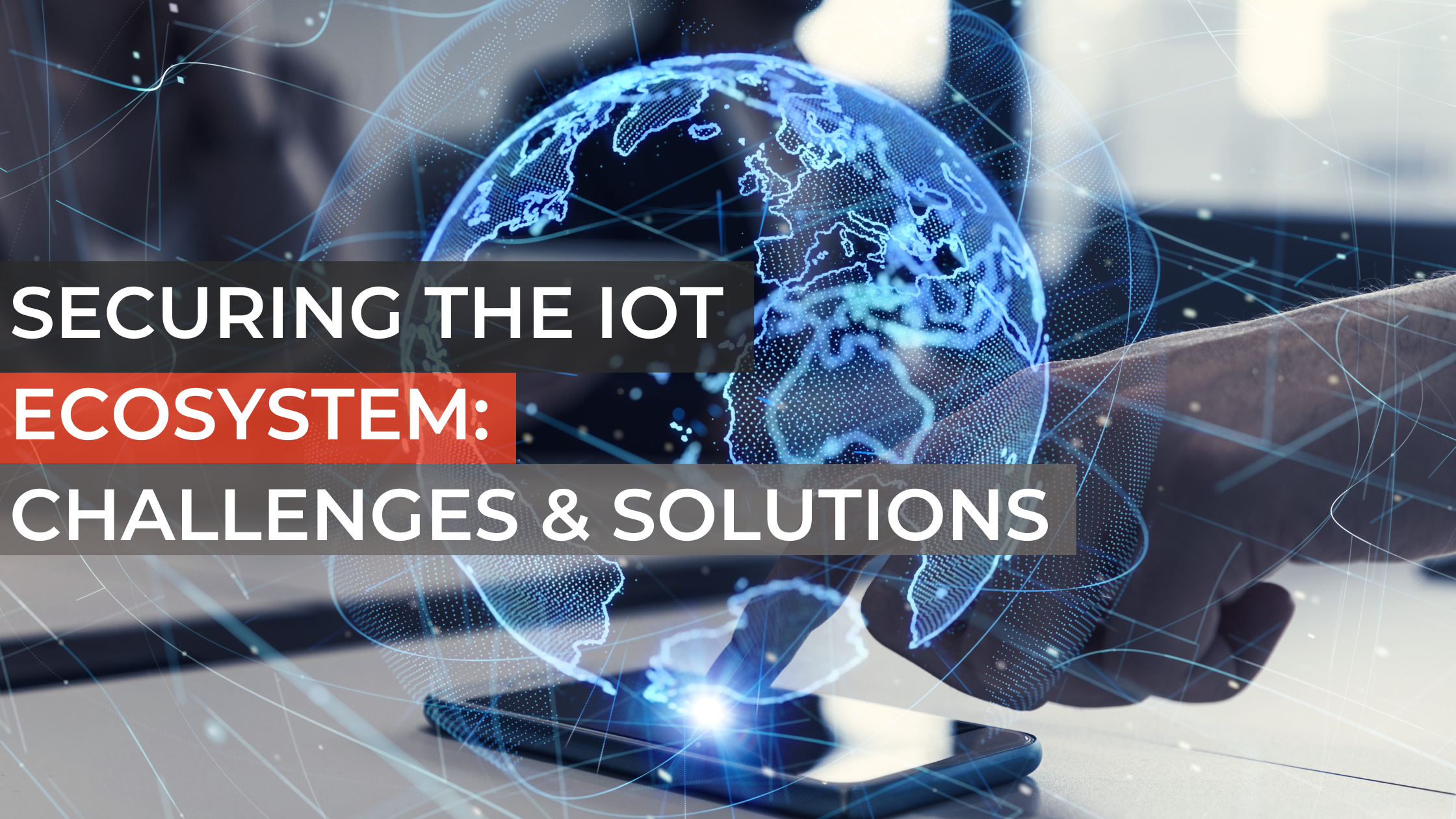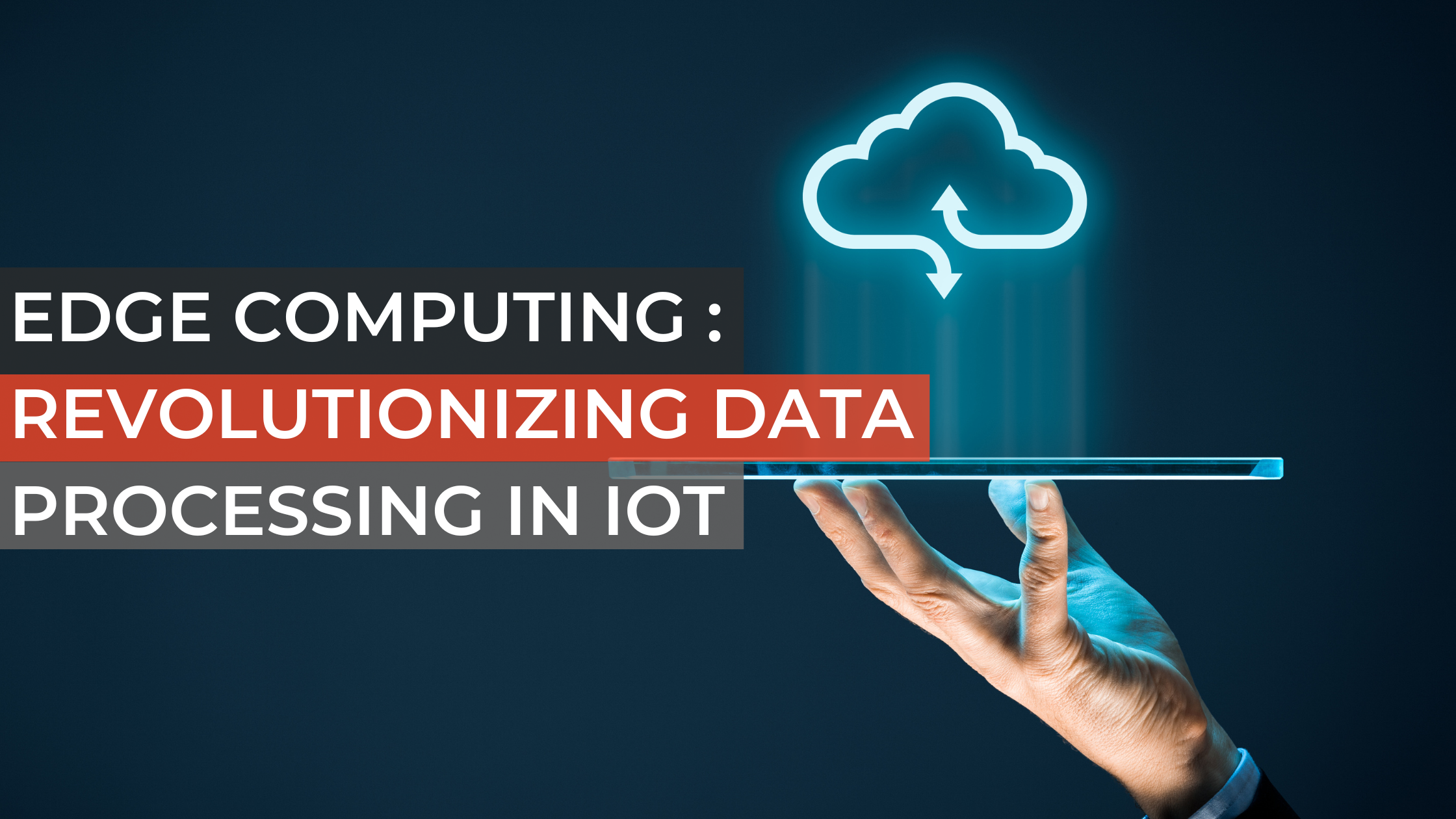In a world where lines between reality and the digital blur, we find ourselves standing on the edge of a precipice. Beyond this horizon, we’re no longer bound by the physical laws that have shaped our existence. What lies ahead isn’t just a continuation of the present, but an entirely new landscape—an unknown that beckons, inviting us to step beyond what we know. But can we truly imagine the possibilities waiting for us? Can we fathom the future where reality is no longer just what we see, touch, or hear?
Augmented Reality (AR) and Virtual Reality (VR) have begun to weave themselves into the fabric of our daily lives—expanding beyond entertainment, beyond the expected. What places these technologies will take us that we haven’t yet imagined? Let’s step beyond the obvious and explore where AR and VR may guide us, shaping futures we once thought impossible.










